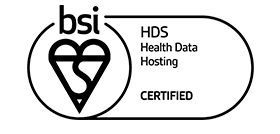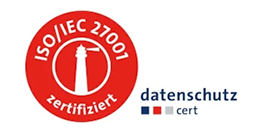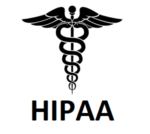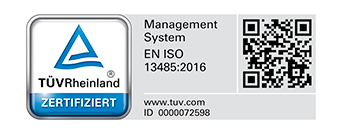Positive RCT Results Validate GAIA AG’s Standing As Leader in Evidence-Based Digital Therapeutics

Hamburg, Monday 04 February 2019 16.00 CEST
A recently published RCT demonstrates GAIA AG has once again created a clinically effective digital therapy intervention, this time with sufferers of epilepsy in mind.
With over 20 RCTs finalized and 10 CE-marked products under its belt, GAIA continues to raise the bar for evidence-based digital therapeutics. Based in Hamburg, Germany, GAIA is the developer of deprexis®, the world’s most researched digital treatment for mild to severe depression with a NNT of 3.6.
A recently published RCT examined the efficacy of emyna, GAIA’s digital therapy intervention for people with epilepsy, in improving patients’ quality of life and reducing health care costs. The results of the RCT demonstrated that the intervention group, relative to the control group, experienced significantly greater improvements in quality of life, depressive symptoms, anxiety, stress and social-occupational impairment. In addition, the intervention group also reported fewer illness-related days off work and fewer days hospitalized, compared to the control group.
“Clinical validation in trials is crucial to developing the future of digital therapeutics,” explained Mario Weiss, CEO and founder of GAIA. “At GAIA, we’ve always held ourselves and our digital interventions to demanding standards because we know patients, physicians and payers expect safe, effective and reliable treatments—especially for severe diseases like epilepsy.”
The recent emyna trial enrolled 200 participants with epilepsy and randomized these participants using a computer-generated sequence. The RCT’s primary outcome measure was depressive symptom severity with secondary outcomes including anxiety severity, general distress, social-occupational impairment and health-related quality of life. At the trial’s primary endpoint of three months, effects observed for emyna met and exceeded the threshold for clinical relevance (d>0.5/ NNT= 3.6).





